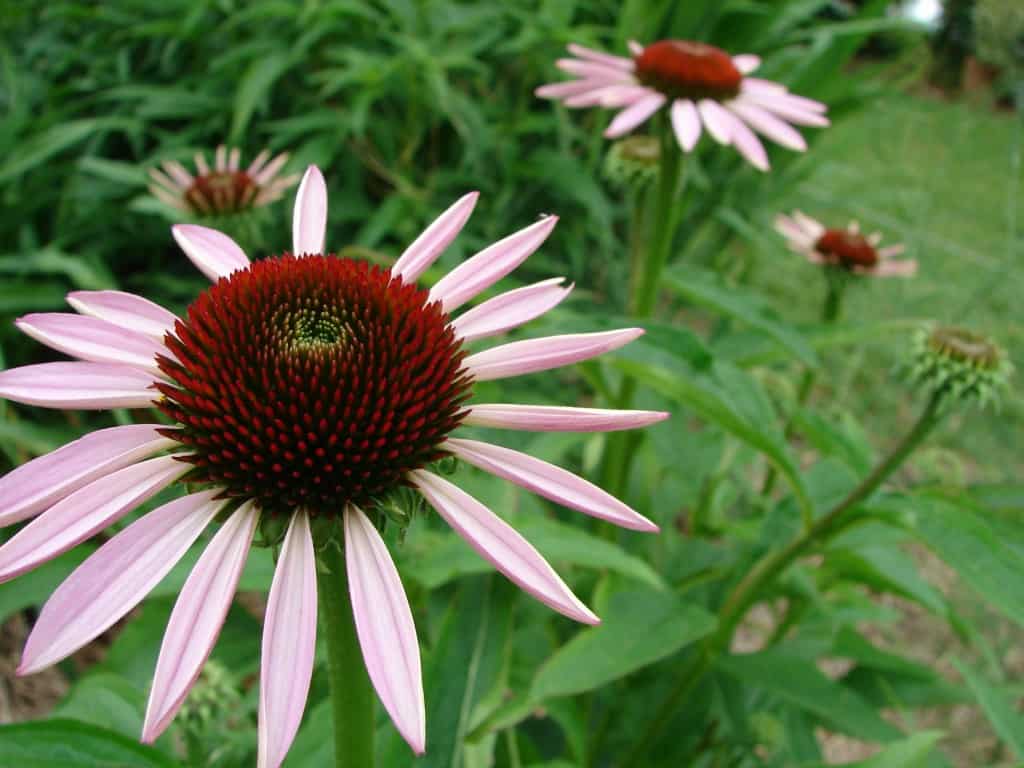
Gardening is one of the great ideas to enjoy outdoors at home. For a beginner, this sure looks like a new project that could go a long way. You can grow different kinds of plants of your choice. Even for experts, the maintenance and the possibilities of changes that could be created in their garden is continuous. One thing that is very enjoyable in gardening is that this outdoor activity can be shared with your family members, to beautify your home or the community. However, accidents are inevitable. Most of these accidents can be gruesome and a lot have been reported injured during gardening. Prevention is better than cure isn’t it? So here are the tips to help you avoid accidents and stay safe in gardening.
DRESS UP FOR SAFETY
You have to get the right gear for yourself. Make sure this covers you from the destructive chemicals, lawn and garden pests, sharp tools and too much exposure from the sun.
- Be properly equipped to prevent injuries. It is advice to wear long pants, well-built shoes and safety goggles when using power apparatus.
- Avoid any type of noise that can potentially harmful to your hearing. Turn off the machinery if you want to talk someone arm’s length away from you.
- To prevent skin irritations, deep cuts and contamination, it is best to wear proper gloves made for gardening.
- Ticks and mosquitoes are everywhere in the garden. Insect repellant containing DEET is safe to use. Wear High Rubber boots to avoid ticks usually located close to the ground. You may also want to wear long-sleeved shirts and tuck your pants in your socks to put off mosquito bites.
- Wear Sun shades, Hats and apply sunscreen (SPF) 15 or higher to your skin for sunburn and skin cancer hazards.
FAMILIARIZE YOUR TOOLS
There are quite a lot of tools for gardening. Powered or not, all of it can cause you serious injuries. Make sure to use them properly and be attentive of the danger to avoid possible accidents.
- Always follow directions and caution labels of the tools you use.
- Check if the equipment is properly working at all times.
- Sharpen gears cautiously.
- Keep the dangerous chemicals and gardening tools away from the children.
STAY AWAY FROM TOO MUCH HEAT
To avoid health related problems, observe the activities and try not to spend too much time in high temperatures even for a short period of time.
- Make water your best friend. Drink a lot of water during gardening under a hot weather.
- Do not drink alcohol or fluids rich in sugar especially if it’s really hot outdoors.
- Always check health-related illness such as headaches, swift pulse, nausea, giddiness, unconsciousness, high body temperature and confusion.
- Have a break. Find a good spot with enough shade to cover you for a good rest. If you feel breathless and your muscle hurts, stop right away. Do not neglect your body.
- Do not expose in gardening infants and children up to 4 yrs of age, or any 65 years old person, overweight people and those who are ill and taking medications.
- Avoid slippery spots. Do not take chances stepping on it unless it’s dry. Put safety rails and barriers to hold on to.
- Always eat fit foods for energy.
BENEFIT FROM THE PHYSICAL ACTIVITY
Get active by gardening. This will not only give you a short time to stretch your muscles but also will advance your creativity in gardening.
- For adults, be active for at least 2 ½ hours a week. Incorporate activities that will develop your breathing and heart rates or toughen your muscles. For kids, try to keep them active for an hour a day.
- If somehow you stopped gardening for awhile, try not to do heavy gardening. Take time to build intensity and progressively get back to activities you used to do.
- To maintain your interest and expand benefits, try to interchange your ideas for gardening every now and then.
REQUIRE VACCINES
This will only not prevent complications, diseases; it can save your life too. Tetanus vaccination is required for adults every 10 years. When you’re digging and using hazardous tools, vaccination is vital to lower the risk of infections.
- Get tetanus/diphtheria (Td) vaccination up to date before gardening in any season.
- Ask your family doctor if you could do with any additional vaccination.
Safe Gardening with Krystal De La Rosa